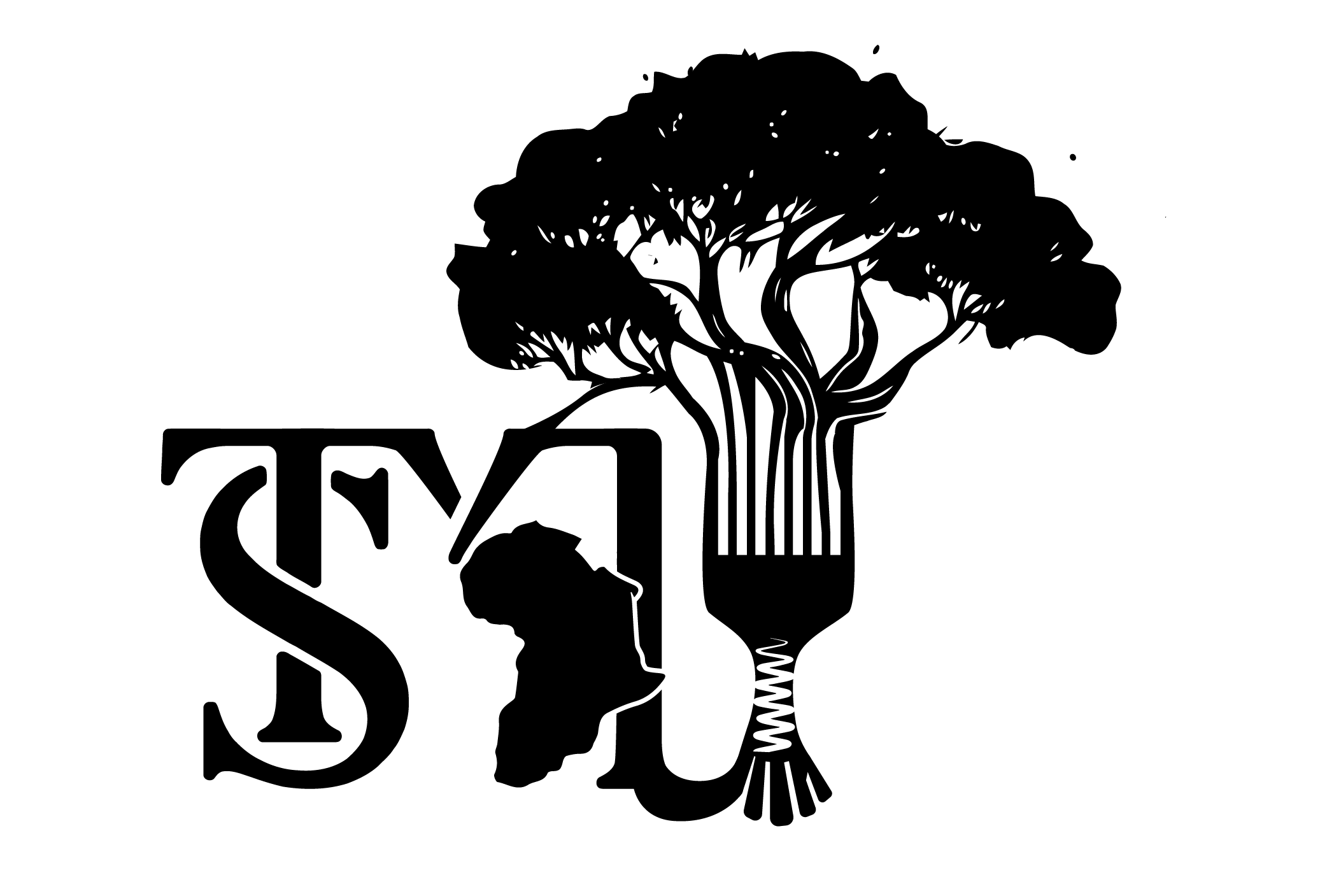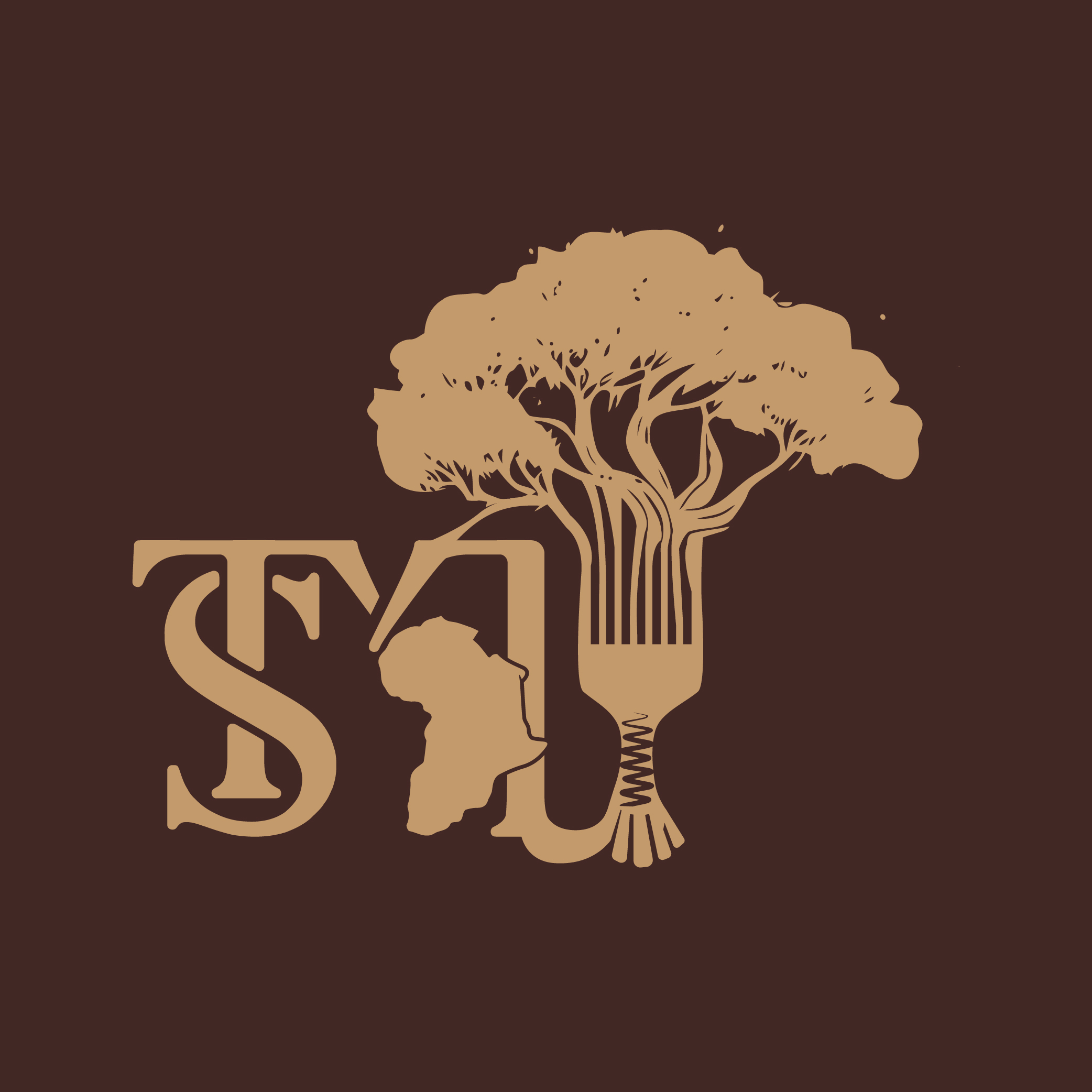Academic Disruptions*
PhD Candidate, princeton university
Despite facing significant academic disruptions while starting intensive multimedia archival research across Europe and settling in Belgium, which ultimately led to a favorable resolution in January 2025, I remained committed to my work.
In February 2025, I was able not only to catch up on key responsibilities but also to secure meaningful opportunities. I was selected for the National Endowment for the Humanities/Illuminating the Past Summer Institute. I was awarded the NFDI4Memory Early Career Travel Grant to attend the summer school “Open(ing) Science Digital Humanities in Area Studies.” I received the William H. and Kathryn E. Brackney Angus Travel Bursary from Regent’s Park College, University of Oxford. I received an Early Career Researcher Bursary from the Australasian Association for Digital Humanities (aaDH) At the 2025 Digital Humanities Australasia (DHA2025) Biennale Conference in Canberra, Australia, from 2–5 December 2025, I will present a paper whose title i“ “Authenticity at the crossroads: A case study of Luba coiffures as texts and contexts using 3D storytelling”. Additionally, I was invited to join the board of directors of the Museums and Narrative Book Series, published by De Gruyter Brill, as the youngest and first junior board member for a three-year term.
However, this challenging period also led to numerous missed opportunities. Still, I moved forward with poise and determination, motivated by the goal of empowering other students like myself, especially those facing even more difficult circumstances.
Despite the setback I faced, I continue to push forward with my work, embodying both personal and academic resilience in the face of significant challenges. Then, at the end of January, after the resolution of my academic ordeal, I was able to bounce back fully. I contributed to a Winter School in Canada in late February 2024 and the TRANSMAT international conference in Portugal in mid-March, both of which were well-received and applauded for their contributions to decolonial scholarly and community-centered discourses.
Missing five months* of critical research abroad, from October 2024 to January 2025, in addition to being admitted to intensive care in January 2025, has left me with only six of the planned twelve months, many of which had included carefully scheduled appointments essential to the progression of my work. Multimedia archival-centered research requires not only time and dedication but also energy, dynamism, flexibility, patience, resilience, creativity, ongoing skill development, and the establishment of meaningful relationships with resourceful individuals, communities, and institutions.
With my time abroad being cut short, coupled with missed appointments that needed to be rescheduled and lost opportunities that can’t be retrieved, I am dedicating all my efforts to ensuring that these experiences don’t negatively impact the depth and quality of my research. Still, I remain focused and determined to make the most of the time I have left, continuing to engage fully in this important work, even as I face uncertainty about what lies ahead.
These experiences have deepened my resilience and highlighted the importance of adaptability in navigating academic and professional challenges. I have learned to find strength in moments of difficulty and to keep moving forward, even when circumstances don’t unfold as planned. The encouragement and solidarity of scholarly communities, along with a continued commitment to meaningful research and dialogue, have sustained my academic path. Despite the obstacles, I continue to pursue my study and professional goals with purpose and perseverance, grounded in the belief that these experiences can also serve to empower others navigating similarly complex journeys.
Scheduled to return to campus in Spring 2026 to teach a French class, and complete the requirements for my graduate certificates in digital humanities and women’s and gender studies, I hope to conduct additional archival research at Galleries, Libraries, Archives, and Museums (GLAM) institutions in the United States of America and Canada.

